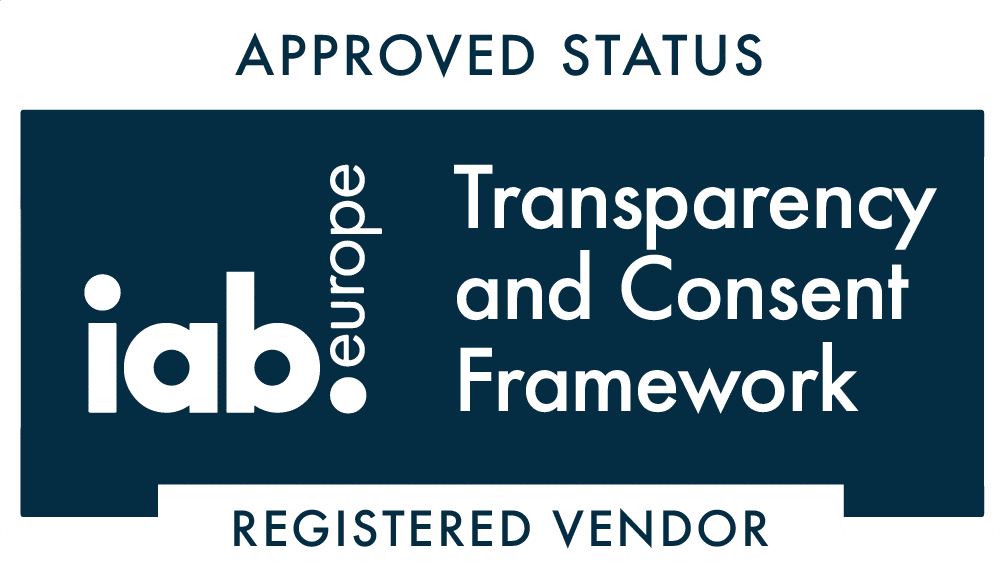Google introduced AdSense Scorecards in June last year as a way to communicate key optimisation opportunities to publishers. 10 months on, opinion over the Scorecard is still divided. For some the “quest for fifteen blue dots” has brought improved revenue, for others those same dots have just been a distraction.
A reminder – what are AdSense Scorecards?
Log into your AdSense account, your account score code is given the sort of visibility that suggests Google see them as important. Immediately below your earnings summary the Scorecard gives you “marks out of five” under three headings: Multi-screen, Revenue optimisation and Site health.
Clicking any of those headings shows you areas where your account might benefit from improvement:
Great then? Google are showing us all how to optimise our AdSense account and increase our earnings. Job done, right?
The problem(s) with Scorecards
AdSense’s Scorecards have not been without criticism. When they first launched they included the +1 button as a metric, which many people saw as self-serving. This disappeared as a recommendation in December. Since then criticisms tend to fall into one of four camps:
“Scorecards are too vague”
The headings given by the Scorecard are quite broad and many site owners complain that this leaves them without actionable advice. At its most frustrating Scorecards will even report a low score when the details seem to suggest that you are doing everything correctly. If you run multiple sites on one account then its value is definitely reduced further, as the scores are calculated daily across the account rather than site by site.
“It’s wrong”
It’s not unheard of to follow advice given and see revenue actually decrease. This happens because recommendations are based on how your account matches overall best practice. Those best practices are based on what is most likely to work for everyone, rather than what will individually work for your account.
“It ignores important factors”
The publisher Scorecard only looks at six areas of performance, so it is inevitable that a lot gets missed. What areas different publishers think should be included does vary, but a common these is the desire to have some sort of benchmarking (do you really know whether you page CTR is good or bad compared to others in your sector?).
“Scorecards distract from the real job at hand”
Chasing the blue dots of the AdSense Scorecard can leave publishers feeling like they are making progress with their performance when the actual metrics remain unchanged. Whilst scores do represent overall good practice the only reliable way to measure the effectiveness of changes is to look at more meaningful KPIs (such as overall revenue, RPM, or even Revenue per unique visitor).
But are Publisher Scorecards useful?
When Search Engine Roundtable ran a poll last year, only 38% of respondents said that AdSense Scorecards were useful, with comments largely reflecting the points raised above.
Personally I would say they are. I’ve seen enough publishers use them as a guide to improve earnings to see value in them. Even in cases when all of the criticisms above apply, the Scorecard is easy enough to ignore when it isn’t useful. Yes, it would be nice if it was more account specific, had more detail and could be hidden by publishers who didn’t want to see it. There are, though, real gains to be had by keeping an eye on it.
As well as acting as a “check-list” of some key optimisation points, the Scorecards can be useful in highlighting changes that can be detrimental to account performance. In a recentgoogle+ thread one publisher highlighted out how useful they are in terms of “nagging” you to take action on things that you know you should address.
It is important though to understand their limits
A final word of advice: Horse first. Cart follows
Search any webmaster community for the topic of AdSense Scorecards and you’ll soon find someone who has got the facts about Scorecards mixed up and that a poor score will cause earnings to decrease.
Scores are a reflection of how your site meets broad best practices. They are provided as information for webmasters. Those scores do not feed back into the system to affect either rankings of earnings. A low score might reflect poor earnings, but it won’t cause them.
Don’t believe me? As a Certified AdSense Partner I am lucky enough to have access a broad range of accounts. Of all those accounts one stands out significantly from the others in terms of its earnings per visitor and is a consistently high earner. This is the Scorecard from that account:
Whilst I wouldn’t suggest aiming for these scores, it does show that Scorecards are not the be-all and end-all of AdSense optimisation.
Over to you
I’d really like to hear any examples of where the AdSense Publisher Scorecard has helped you uncover “wins” for your account. Let me know your thoughts on Google+ or Twitter. Maybe we’ll write a follow-up sharing some examples.











